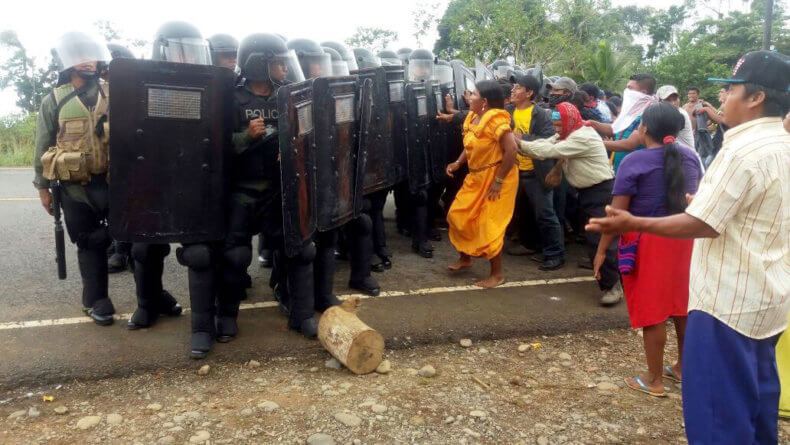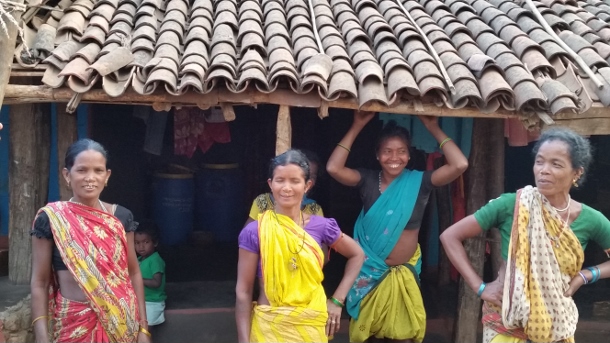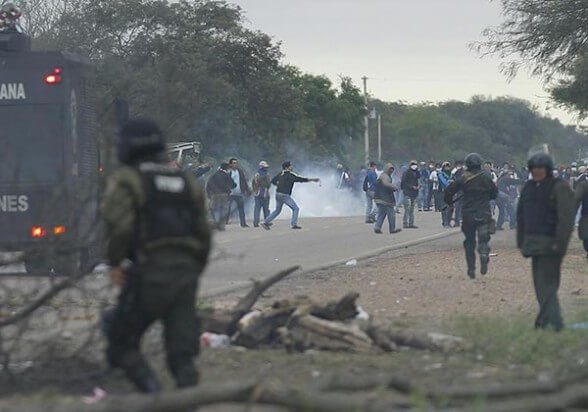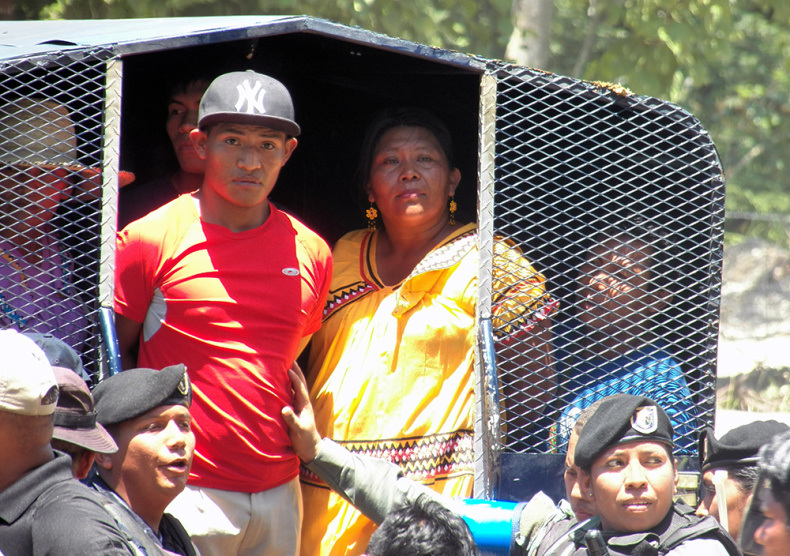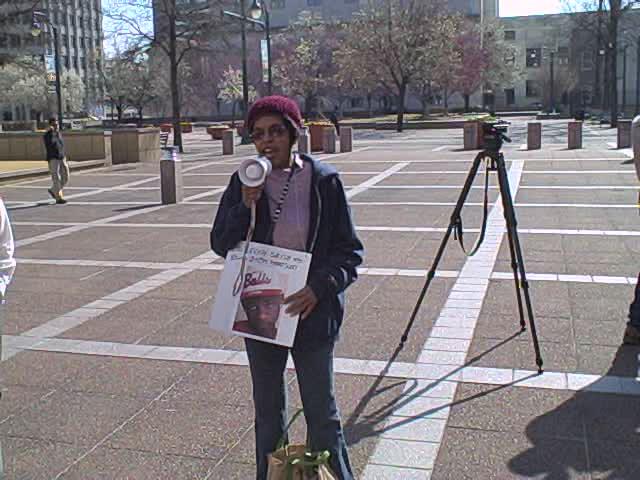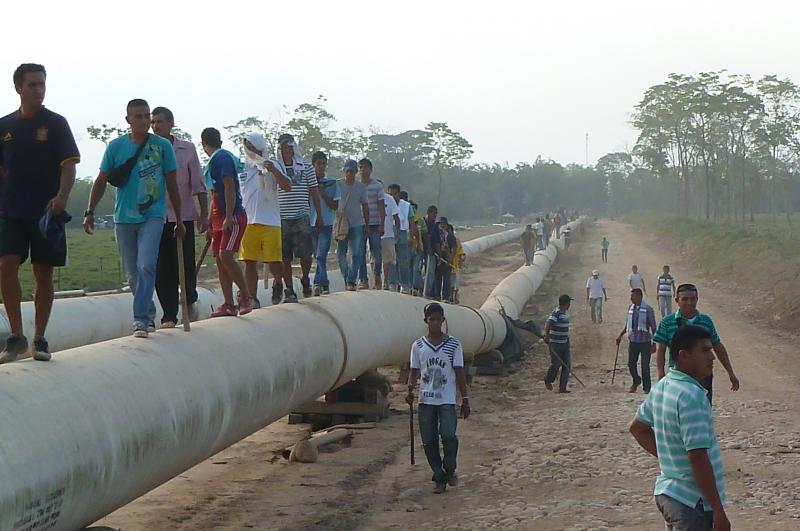By Pushpa Achanta / Waging Nonviolence
In early October, news emerged that India’s Ministry of Environment, Forest and Climate Change was blocking the implementation of a high-level government panel’s report on tribal rights that recommended the creation of stringent rules to safeguard indigenous people from displacement. Meanwhile, two state governments have begun implementing a much different set of guidelines — issued in August without any interference — that allow the private sector to manage 40 percent of forests for profit at the expense of indigenous forest dwellers. In addition, another ordinance passed this year will permit private corporations to easily acquire land and forests from indigenous communities and carry out ecologically harmful mining. These legislative and policy decisions are usually made without the knowledge of indigenous communities whose lives, livelihoods and ecosystems will be worsened by these irresponsible actions of the government. Hence, indigenous communities in Uttar Pradesh, a northern state and Odisha, in the east, are strengthening their organizing to protect their rivers, lands, forests and hills from “development” that would displace thousands of local residents and destroy the environment.“People from my community and I were beaten, detained or jailed unnecessarily for opposing tree felling in our forests, some years ago,” said Nivada Debi, a feisty 38-year-old woman from the Tharu Adivasi community in Uttar Pradesh. “We visited the police station multiple times for their release. The government did not assist the injured. Despite the police and government indifference, we will fight for our land and environment.”A mother of four children subsisting on the forests, Debi is active in grassroots resistance that started nearly 20 years ago and has grown into the All India Union of Forest Working People, or AIUFWP. The group is made up of many indigenous people who subsist on forests and are collectively protecting forests from poachers and encroachers.
...

